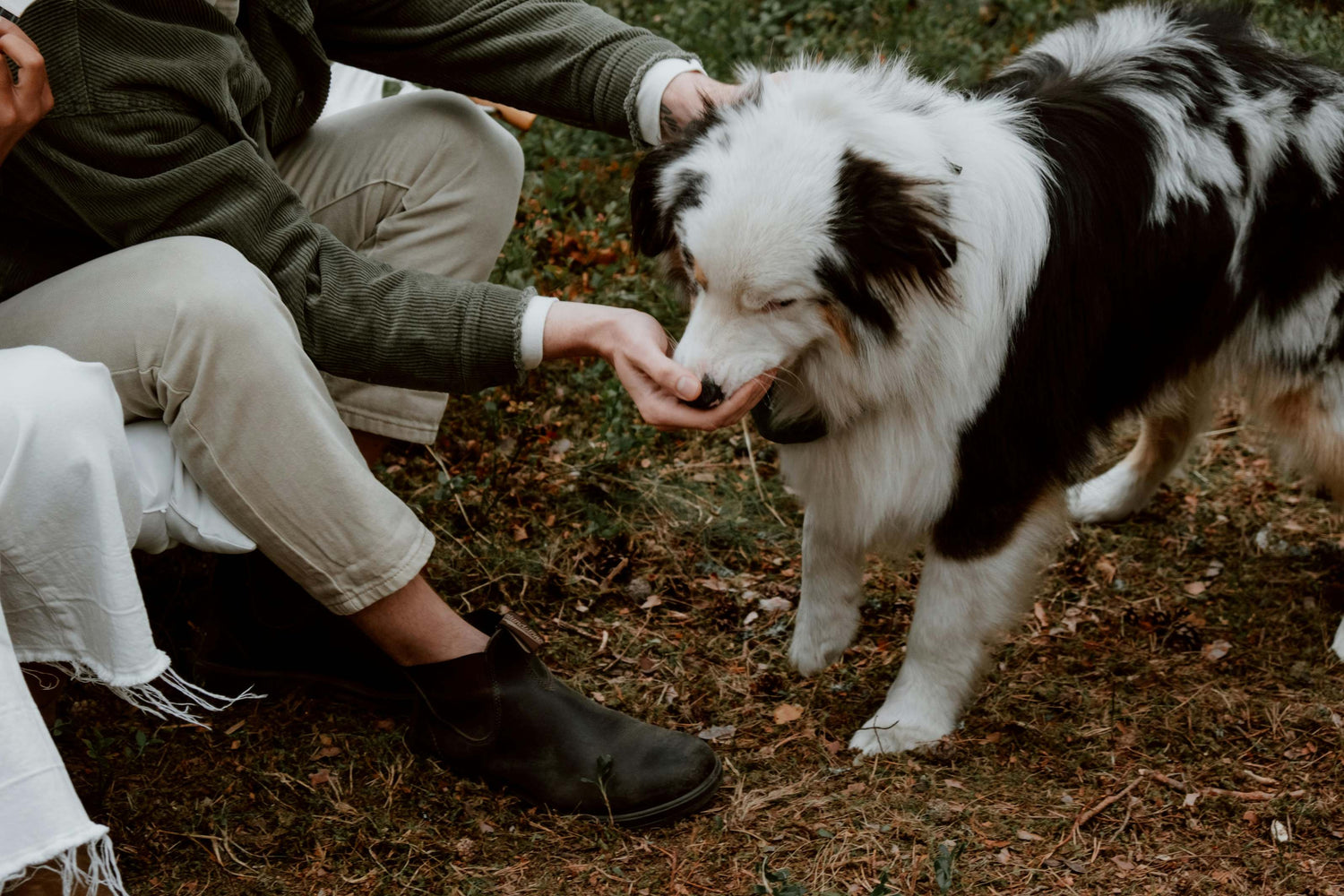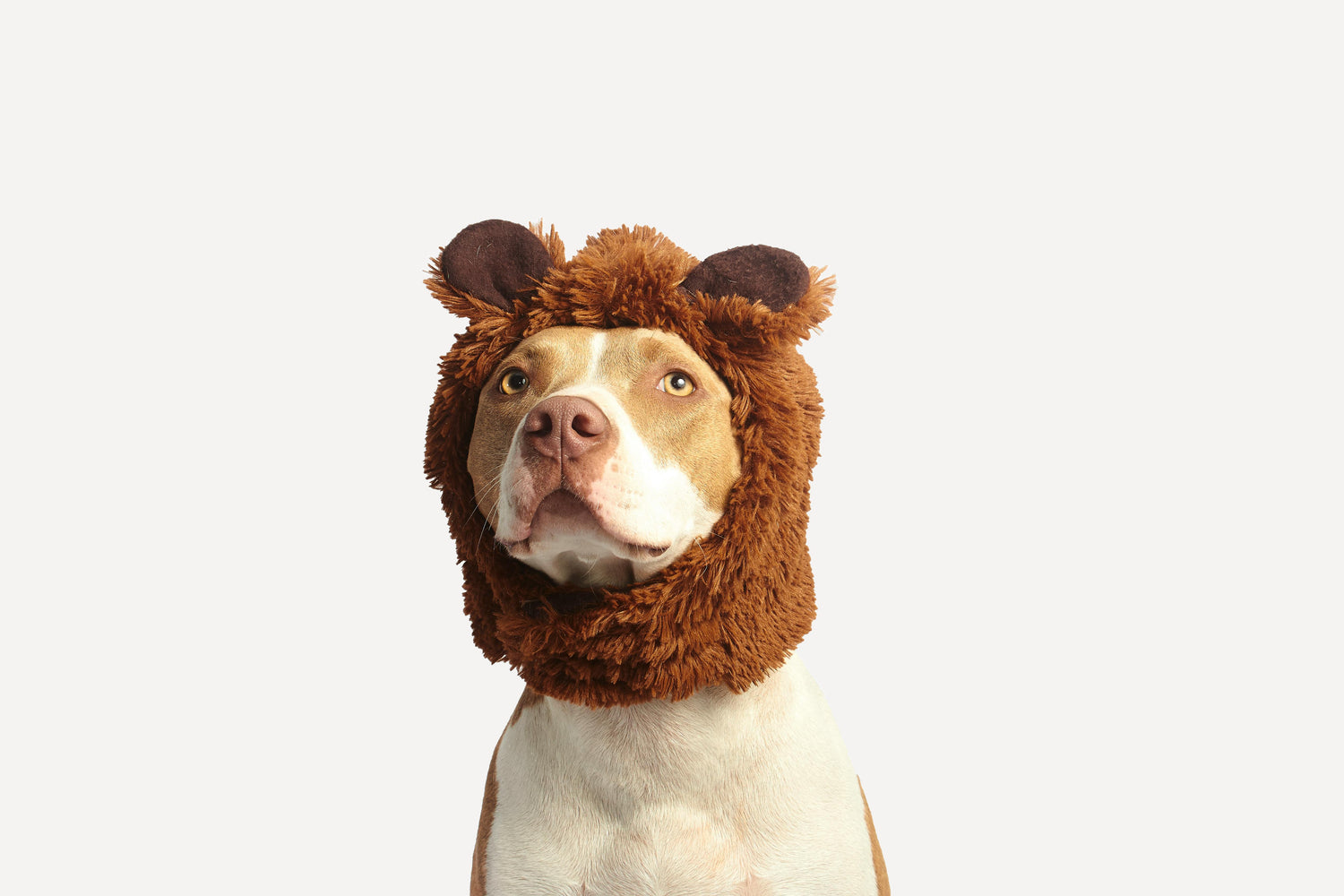Have you ever wondered if your four-legged friend has a unique personality just like humans do? While dogs can't take the Myers-Briggs Type Indicator (MBTI) test themselves, their behavior and traits can give us clues about their personalities. In this blog post, we'll explore the concept of dog personalities and how they might align with MBTI types. So, grab your furry companion, and let's dive into the fascinating world of canine personalities.
Understanding the Myers-Briggs Type Indicator (MBTI)
Before we delve into dog personalities, let's quickly review the MBTI. The MBTI is a popular personality assessment tool that categorizes individuals into one of 16 personality types based on their preferences in four dichotomies: Extraversion/Introversion (E/I), Sensing/Intuition (S/N), Thinking/Feeling (T/F), and Judging/Perceiving (J/P). Each combination represents a unique personality profile.
The Four-Legged Personalities
Just like humans, dogs exhibit a wide range of personalities that are influenced by their genetics, upbringing, and experiences. While it's not an exact science, we can make some playful connections between canine traits and MBTI types.
Dog Breeds and MBTI:
Discuss how different dog breeds may have predispositions toward specific MBTI traits. Mention that while breed tendencies can be a factor, individual variation within breeds is significant. Examples of well-known dog breeds to illustrate this point.
-
Golden Retriever (ENFJ - The Protagonist):
-
Golden Retrievers are known for their friendly and outgoing nature, making them a great match for the Extraverted (E) trait. They love to socialize and are often seen as people-pleasers.
-
Their loyalty, empathy, and desire to be with their families align with the Feeling (F) trait, as they tend to be emotionally attuned to their owners' needs.
-
Golden Retrievers are also known for their intuitive (N) ability to understand human emotions and respond with empathy.
-
Border Collie (INTJ - The Architect):
-
Border Collies are highly intelligent and excel in problem-solving tasks, demonstrating the Thinking (T) trait. They often strategize and analyze situations.
-
Their introverted (I) nature allows them to focus deeply on tasks and work independently, making them great herding dogs.
-
Border Collies' ability to adapt to changing situations and make quick decisions aligns with the Judging (J) trait.
-
Basset Hound (ISFP - The Adventurer):
-
Basset Hounds are known for their sensory-driven, laid-back approach to life, which aligns with the Sensing (S) trait. They love to explore their environment through scent.
-
Their easygoing, relaxed nature fits well with the Perceiving (P) trait, as they don't feel the need for strict routines.
-
Basset Hounds are often described as sensitive and in touch with their emotions, embodying the Feeling (F) trait.
-
Dachshund (ENTP - The Debater):
-
Dachshunds are known for their curious, inventive, and sometimes mischievous nature, which fits the Extraverted (E) trait.
-
Their playful and adaptable behavior aligns with the Perceiving (P) trait, as they enjoy exploring and trying new things.
-
Dachshunds' problem-solving abilities and willingness to challenge their owners' rules reflect the Thinking (T) trait.
-
Shih Tzu (ESFJ - The Consul):
-
Shih Tzus are typically sociable, affectionate, and enjoy being in the company of others, representing the Extraverted (E) trait.
-
Their focus on maintaining harmony and pleasing their owners aligns with the Feeling (F) trait, as they are attuned to emotions.
-
Shih Tzus are often described as practical and structured, reflecting the Judging (J) trait, as they appreciate routine and predictability.
Using these well-known dog breeds as examples can help you visualize how certain personality traits often associated with the MBTI can be observed in different dog breeds. It's important to note that individual dogs may vary within a breed, but these examples highlight general tendencies that can be related to MBTI personality traits.

How to find dog's MBTI
Finding your dog's MBTI (Myers-Briggs Type Indicator) is not an exact science, as the MBTI is a tool designed for human personality assessment. However, you can use certain observations and assessments to get a better understanding of your dog's personality traits and preferences. Here's a step-by-step guide to help you identify your dog's potential personality traits:
-
Observe Behavior:
Spend time observing your dog in various situations and environments. Pay attention to how they react to different people, animals, and stimuli.
Note their energy level, playfulness, and sociability. Do they prefer solitude, or are they outgoing and social?
-
Keep a Journal:
Create a journal or document where you can record your observations. Note specific behaviors, reactions, and any patterns you observe over time.
-
Assess Traits:
Based on your observations, try to identify which of the four MBTI dichotomies (Extraversion/Introversion, Sensing/Intuition, Thinking/Feeling, Judging/Perceiving) your dog's behavior aligns with.
-
Consult with a Professional:
Consider seeking the advice of a professional dog trainer, behaviorist, or veterinarian. They can provide insights into your dog's behavior and personality.
-
Understand Breed Tendencies:
Keep in mind that certain dog breeds may have predispositions toward specific personality traits due to their genetic makeup. Research your dog's breed to better understand breed-specific traits.
-
Embrace Your Dog's Uniqueness:
Celebrate your dog's unique personality, regardless of whether it aligns perfectly with an MBTI type. Understanding your dog's individual traits can help you provide the best care and training for them.
While you can use the MBTI framework as a rough guideline to understand your dog's personality, it's important to recognize that dogs are not humans, and their behaviors may not neatly fit into these categories. The goal is to develop a deeper understanding of your dog's preferences and behaviors to strengthen your bond and provide the best possible care.
The Benefits of Understanding Dog Personalities:
-
Better communication and training.
-
Enhanced socialization opportunities.
-
A deeper emotional bond.
-
Tailoring activities and enrichment to suit your dog's preferences.
-
Improved overall well-being for both the dog and owner.
Conclusion
While the connection between dog personalities and MBTI types is purely for fun and entertainment, it's a reminder of the rich and diverse world of canine companions. Dogs bring joy, love, and unique personalities into our lives, regardless of their "MBTI type." Remember that every dog is an individual with its own quirks and charms, just like us.So, the next time you spend time with your furry friend, take a moment to appreciate their unique personality traits and the special bond you share. After all, they're not just dogs; they're family.





